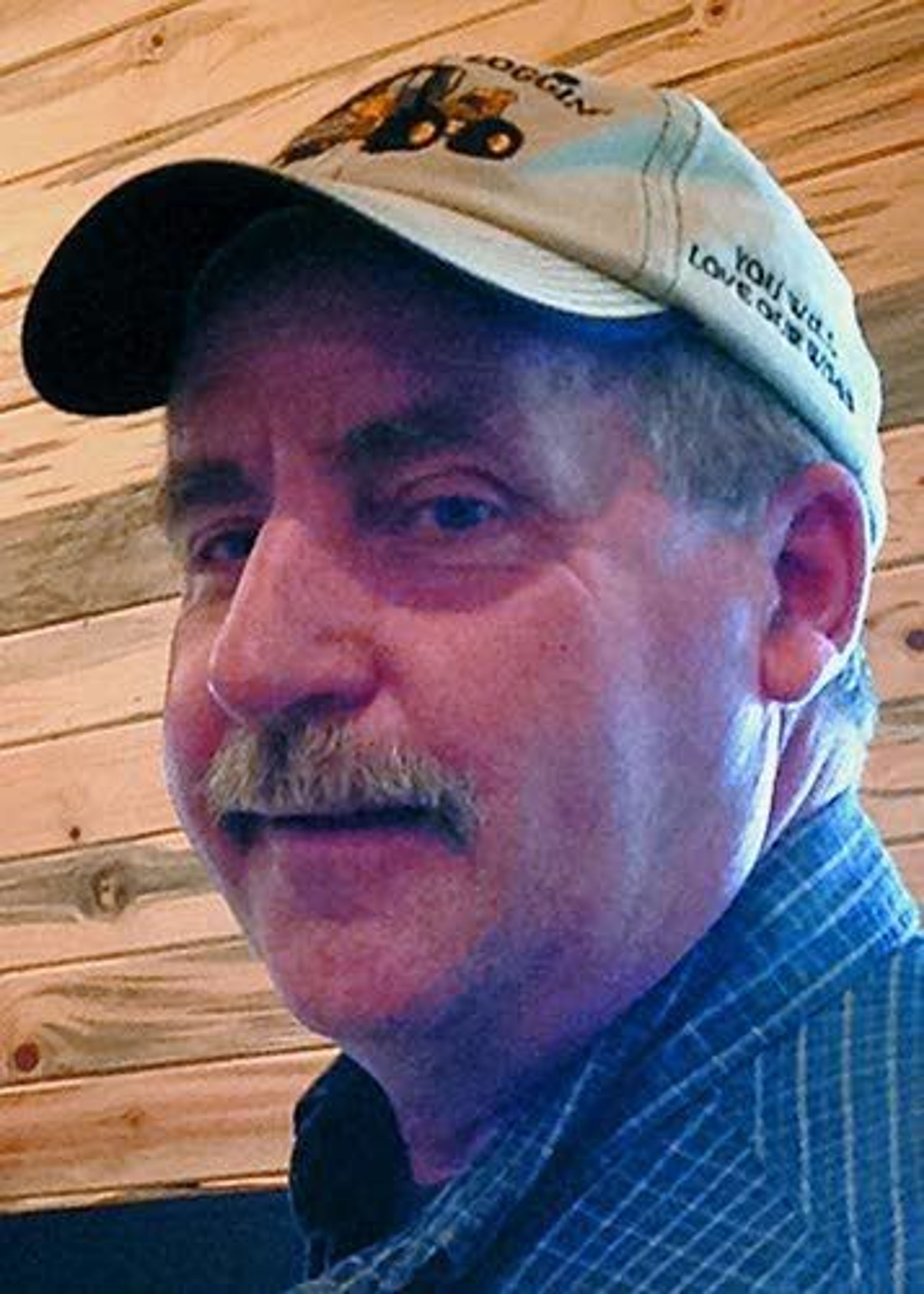Inslee bumps Holzmiller from wildlife commission
Anatone man not invited back for second term; IDFG group also in flux
Membership on both the Washington Department of Fish and Wildlife and the Idaho Department of Fish and Game commissions is in a state of flux.
In Washington, Gov. Jay Inslee opted not to offer Jay Holzmiller a second term on the Fish and Wildlife Commission. Holzmiller, a rancher and logger from Anatone, is being replaced by Molly Linville, of Palisades in Douglas County, east of Wenatchee. Inslee also appointed Jim Anderson, of Buckley, Wash., to replace Jay Kehne, of Omak, who resigned last summer.
Idaho Fish and Game commissioners Dan Blanco, of Moscow, and Derick Attebury, of Idaho Falls, both finished their first terms on the commission at the end of June. Gov. Brad Little didn’t automatically nominate the men for second terms and instead asked for applications. Both Blanco, who represents the Clearwater Region, and Attebury, who represents the Upper Snake Region, have reapplied.
Holzmiller was appointed by Inslee in 2013 to the commission that oversees the Washington Department of Fish and Wildlife. The avid hunter focused on hunting and game issues, and took a particular interest in the management of gray wolves and other predators. He was often outspoken about what he sees as the need for the Washington Department of Fish and Wildlife to do more to protect both deer and elk herds and domestic livestock from depredation. His first term expired at the end of 2018, and Holzmiller said he suspected he would not be offered a second.
“The way things shook out, I knew this was coming,” he said. “I’m about two-thirds glad to get off. I hope and pray it doesn’t, but I can see this wolf issue just blowing sky high.”
He said he is at peace, but laments the commission is now without an active hunter. He wasn’t told why he wasn’t offered a second term.
Jaime Smith, executive director of communications and external affairs for Inslee, said second terms are not guaranteed and “the governor found Molly’s experience and perspective to be very compelling and believes she’ll work constructively to fulfill the mandate and mission of (the Department of Fish and Wildlife.)”
Holzmiller had high praise for his replacement, who previously served on the state’s Wolf Advisory Group.
“If I could have picked my successor, it would have been Molly — she is fantastic,” he said. “They probably traded up getting Molly over me.”
According to Linville’s resume, she has 15 years experience as a wildlife biologist, including six years with the U.S. Fish and Wildlife Service. She now runs the 6,000-acre KV Ranch. She also has worked as a city planner and a natural resources manager at the U.S. Army Training Center near Yakima.
Holzmiller said Linville’s experience as a rancher, biologist and member of the Wolf Advisory Group will serve her well. He fears resentment among hunters and ranchers over expanding wolf populations is reaching a boiling point.
The state’s wolf recovery plan requires wolf packs to be distributed across three vast regions of the state before the animals can be considered for removal from state and federal protection. Wolves have done well in the state’s Eastern Recovery Zone, with about 20 packs, including four in the state’s southeastern corner. There are three packs in the North Cascades Recovery Zone, but no confirmed packs in the Southern Cascades and Northwest Coast Recovery Zone.
That means there is little hope for people in the eastern half of the state that wolves will be delisted in the near future. Delisting would give the agency more flexibility to manage wolf packs.
“You keep picking on the skinny kid at school, and pretty soon he picks up a baseball bat and hits you upside the head. The skinny kid is the hunting and ranching communities,” Holzmiller said. “All the big-game herds in the state are imperiled. That is going to put pressure on hunters, and the more the big-game herds get imperiled and more pressure gets put on domestic livestock. It’s just a death spiral. When you are heading down the road at a brick wall, somebody needs to be hollering, ‘At least take your foot off of the accelerator, for Christ sakes.’”
In Idaho, Gov. Little has interviewed two applicants for the seat representing the Upper Snake Region, said Sam Eaton, director of policy and council for the governor. He said there are six applicants for the seat representing the Clearwater Region. They are likely to be interviewed by a panel comprised of a landowner, an avid hunter or angler and members of the governor’s administration early next month.
Both Attebury and Blanco continue to serve on the commission, pending Little making a decision.
Eaton said Little’s decision to seek alternative candidates was not tied to the performance of Blanco or Attebury who were both appointed by former Gov. C.L. “Butch” Otter. Nor is he being pressured by legislators or others to make a change, said Eaton.
“As a good acting governor, he wants to make sure he is vetting these individuals and make sure their policy priorities are in line with his.”
Barker may be contacted at ebarker@lmtribune.com or at (208) 848-2273. Follow him on Twitter @ezebarker.
“You keep picking on the skinny kid at school, and pretty soon he picks up a baseball bat and hits you upside the head. The skinny kid is the hunting and ranching communities. All the big-game herds in the state are imperiled.”
Jay Holzmiller, voicing concern over lack of an active hunter serving on the WDFW Commission










